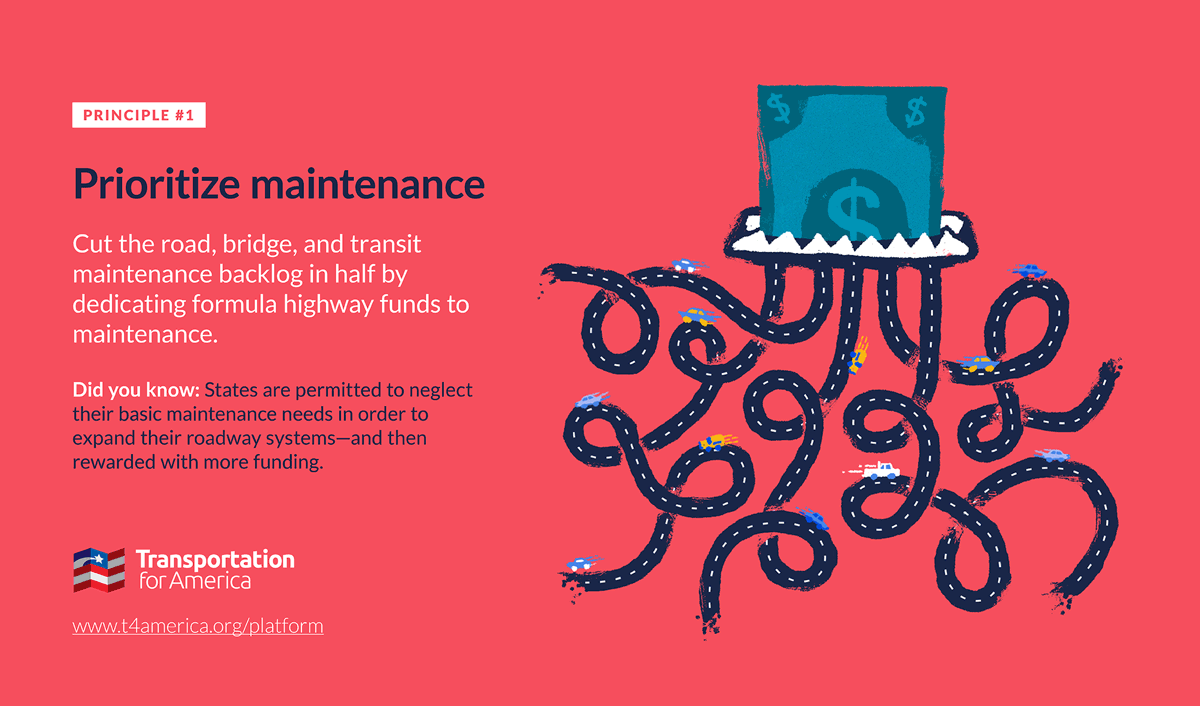Posts Tagged "safety"
We need to expand the conversation on transportation safety
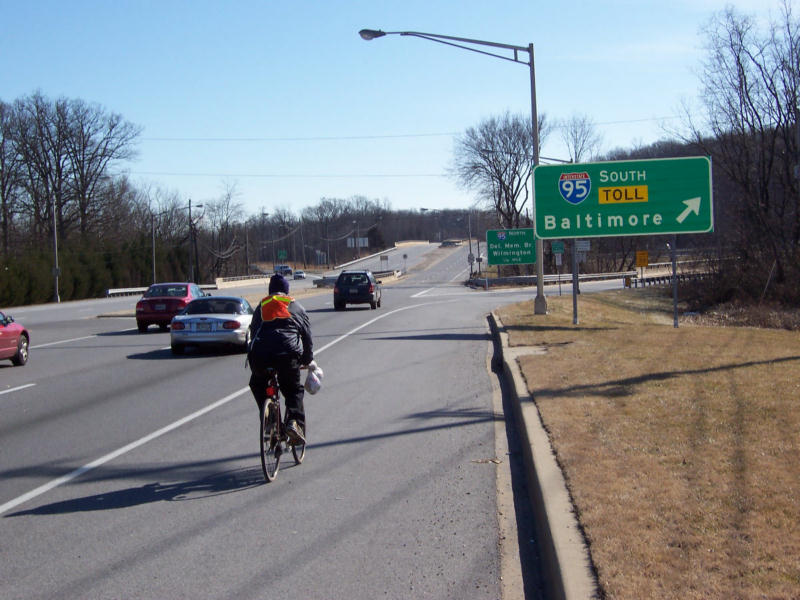
We can’t significantly address safety concerns if we’re not looking at the most dangerous modes of transportation.
“Short-term action, long-term change”: How quick builds are bringing innovation to safe streets implementation
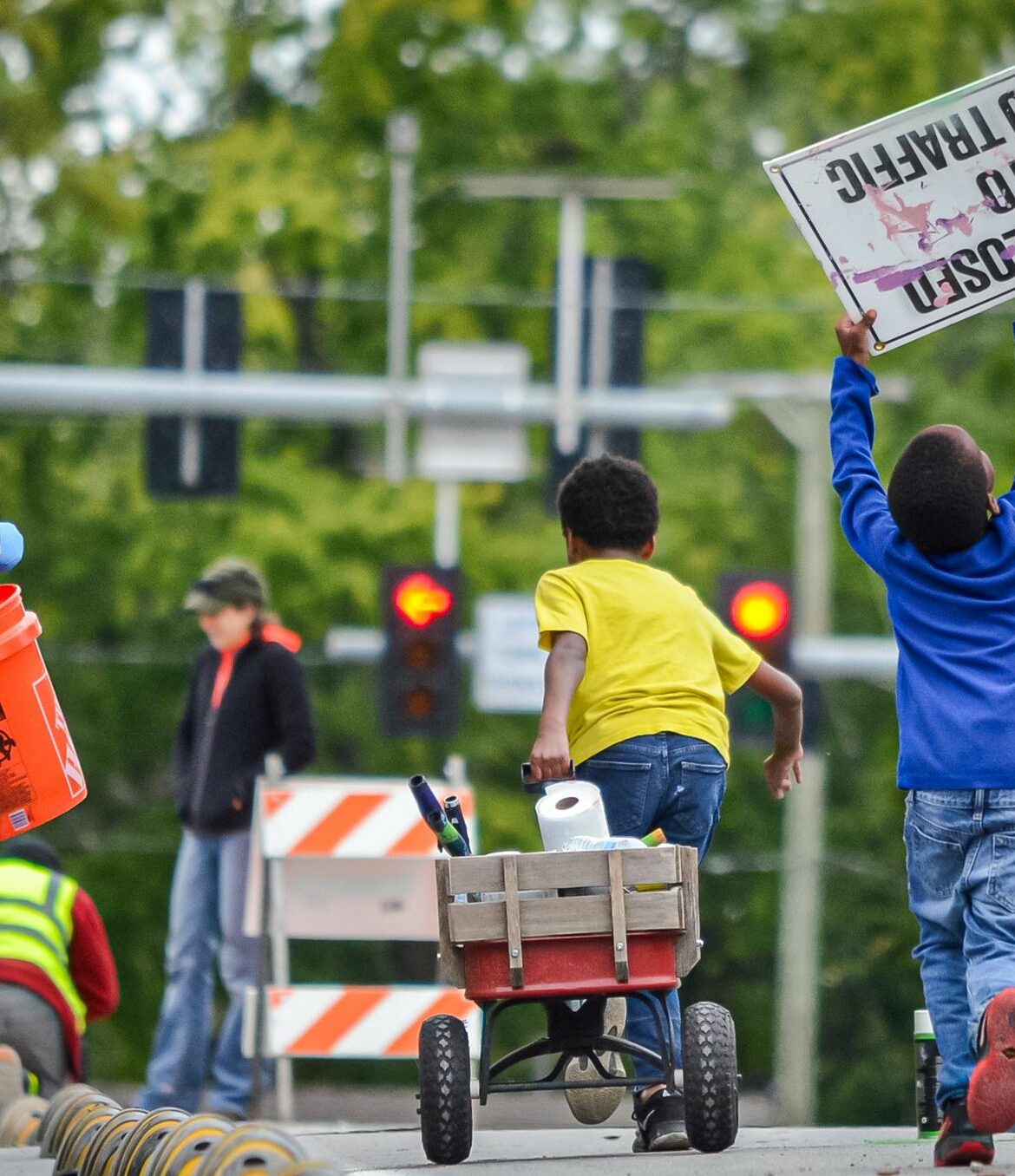
Quick-build projects prioritize affordable, rapid, and temporary solutions to inaccessible and unsafe streetscape conditions. Through this approach to project implementation, communities are able to set an example that establishes the need and precedent for continued change in their urban environment.
Tell your senator, now is the time for Complete Streets!
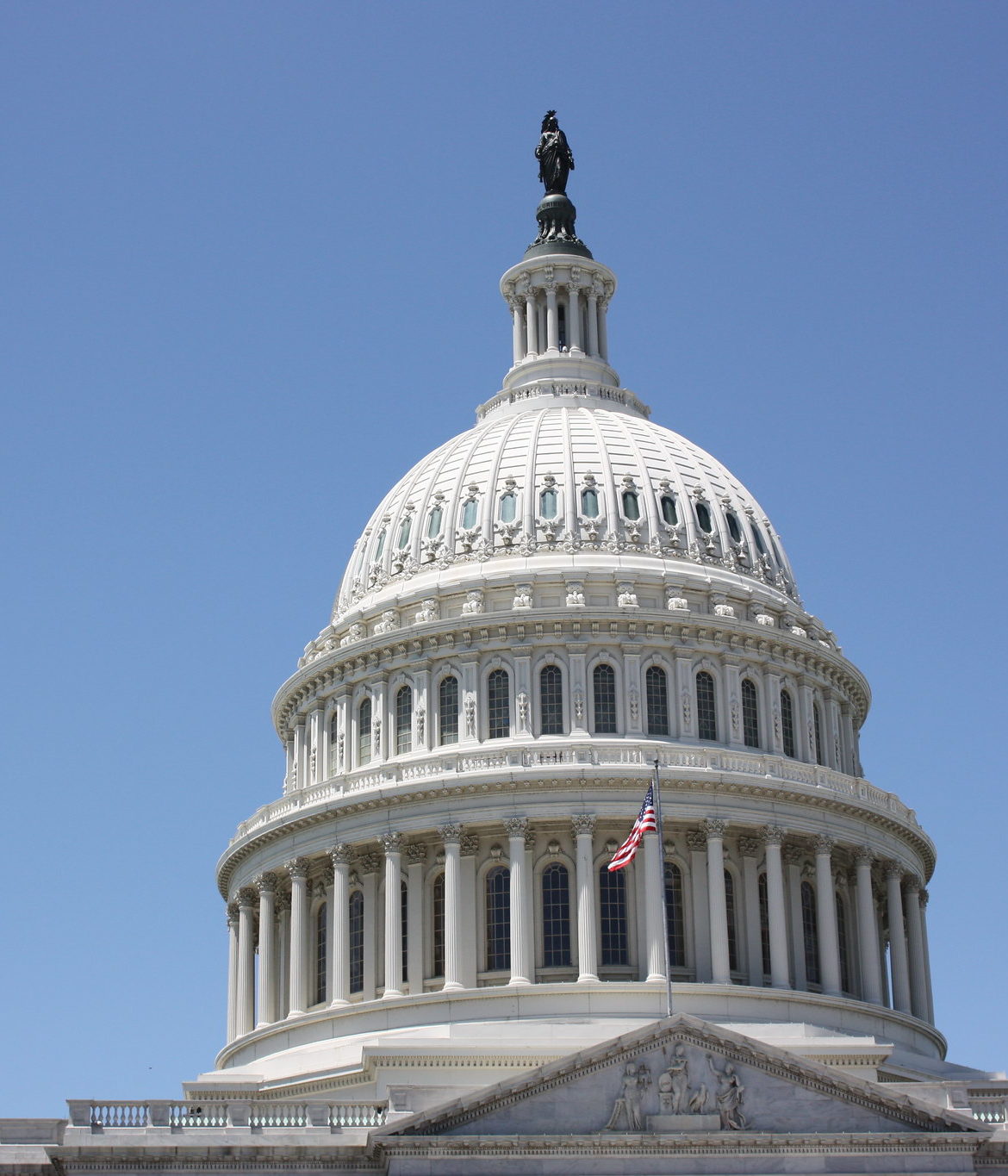
Two new bills introduced to Congress by Senators Ed Markey and John Fetterman make Complete Streets a minimum design mandate, redefining our road design standards and ensuring funding for the implementation of Complete Streets projects. Let Congress know these bills can’t wait!
Supercharge your community’s quick-build safety demonstration projects with Safe Streets for All

Because of a mistake by Congress in the 2021 infrastructure law, 40 percent of the new $1 billion-per-year Safe Streets for All program must be directed to planning rather than constructing tangible infrastructure projects. A clarification that the planning grants can support quick-build safety demonstration projects presents an enormous opportunity for cities and towns to directly tap the available $400 million and experiment with low-cost temporary street safety projects.
Sizing up deadly vehicles
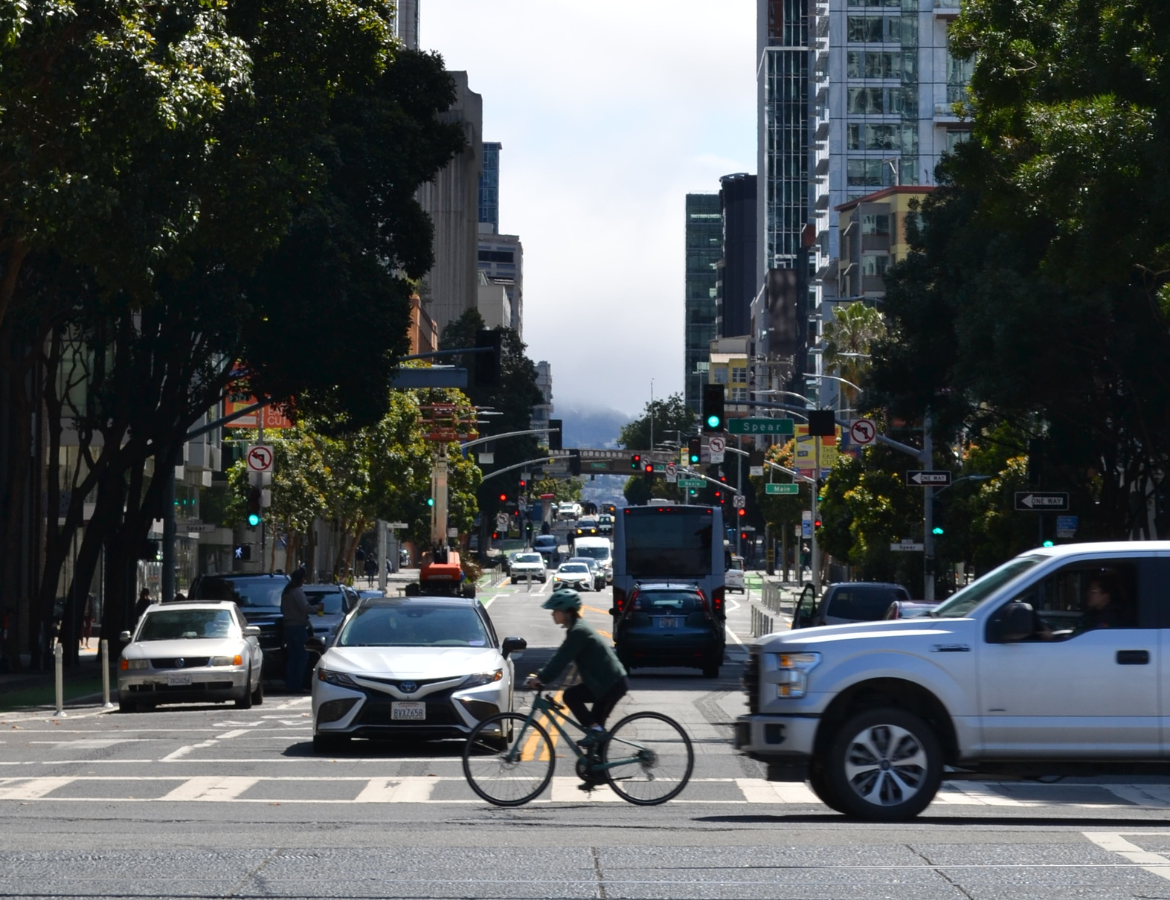
To check the ever-increasing danger on our nation’s roadways, Transportation for America joined a coalition of advocates to call for stronger federal assessments of large vehicles. Read our comment letter. More than 6,500 people walking were struck and killed in 2020, and the Governors Highway Safety Association projects that even more were killed in 2021, […]
Streets are for people in theory, but why not in practice?
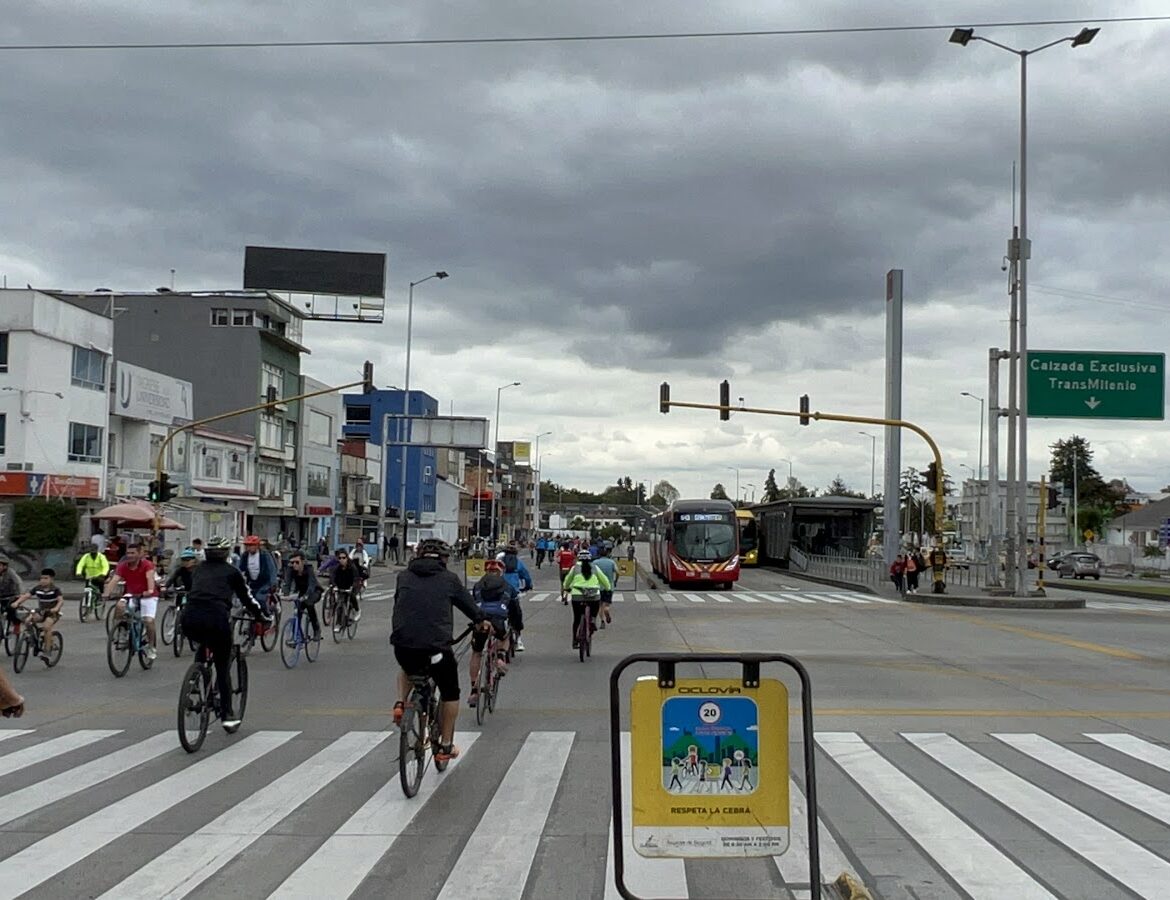
Streets have always been a community gathering place since the beginning of civilizations. But why do we continue to elevate the car over people? Bogotá’s weekly Ciclovía is a regular reminder of how people can take back their streets to improve safety and access.
Assessing safety for the most vulnerable road users
Beginning in November of 2023, Vulnerable Road User (VRU) safety assessments will be required as appendices or addendum to Strategic Highway Safety Plan (SHSPs). While the goal of these assessments is to strengthen the Highway Safety Improvement Program (HSIP), recent federal guidance falls short on addressing dangerous road design.
Eliminating driver error doesn’t work. What does? Part I
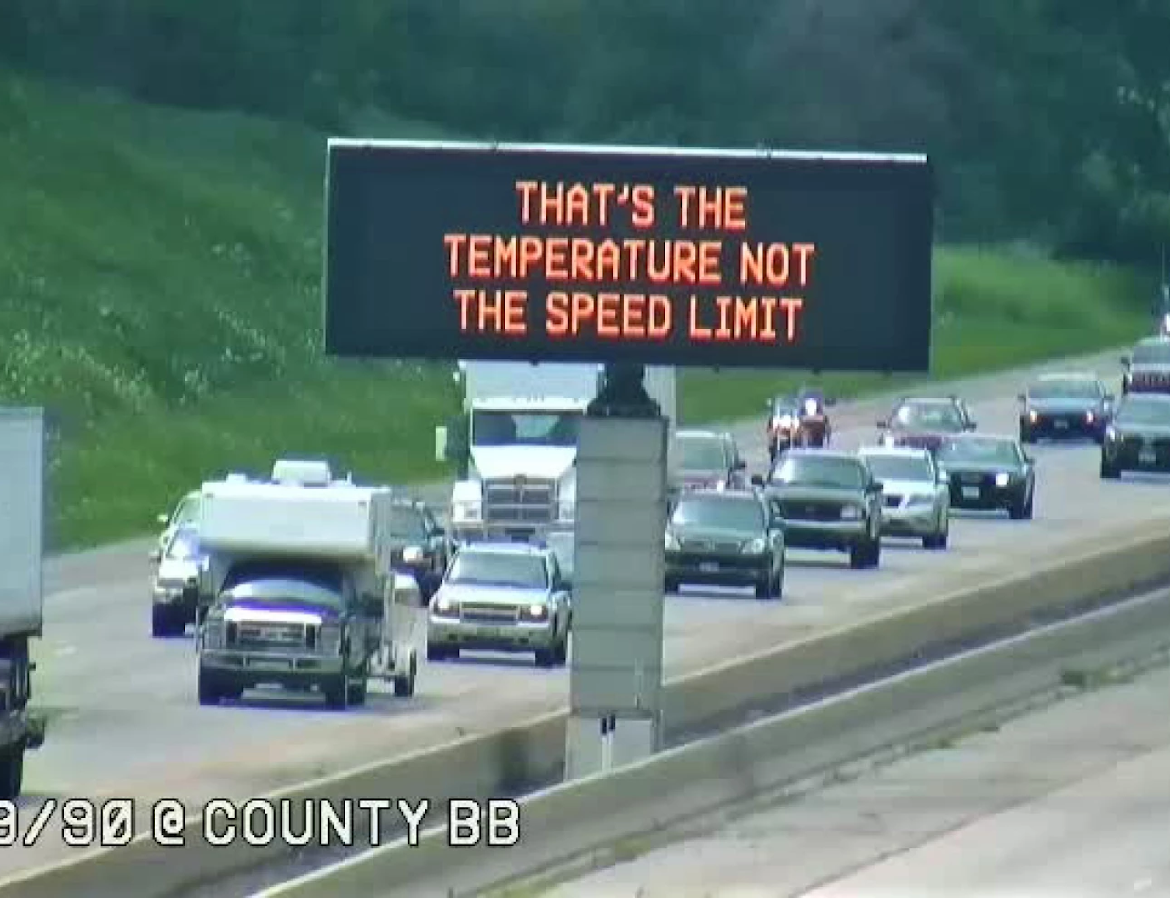
Billions of dollars in new federal highway funding are flowing into road safety programs, so we wanted to review the research on which interventions can save lives on America’s roads—and which are failing to do so. All the available data tell us one thing clearly: strategies that fail to accept human error and reduce speeds also fail to reduce road casualties.
Here’s what you need to know about the Inflation Reduction Act
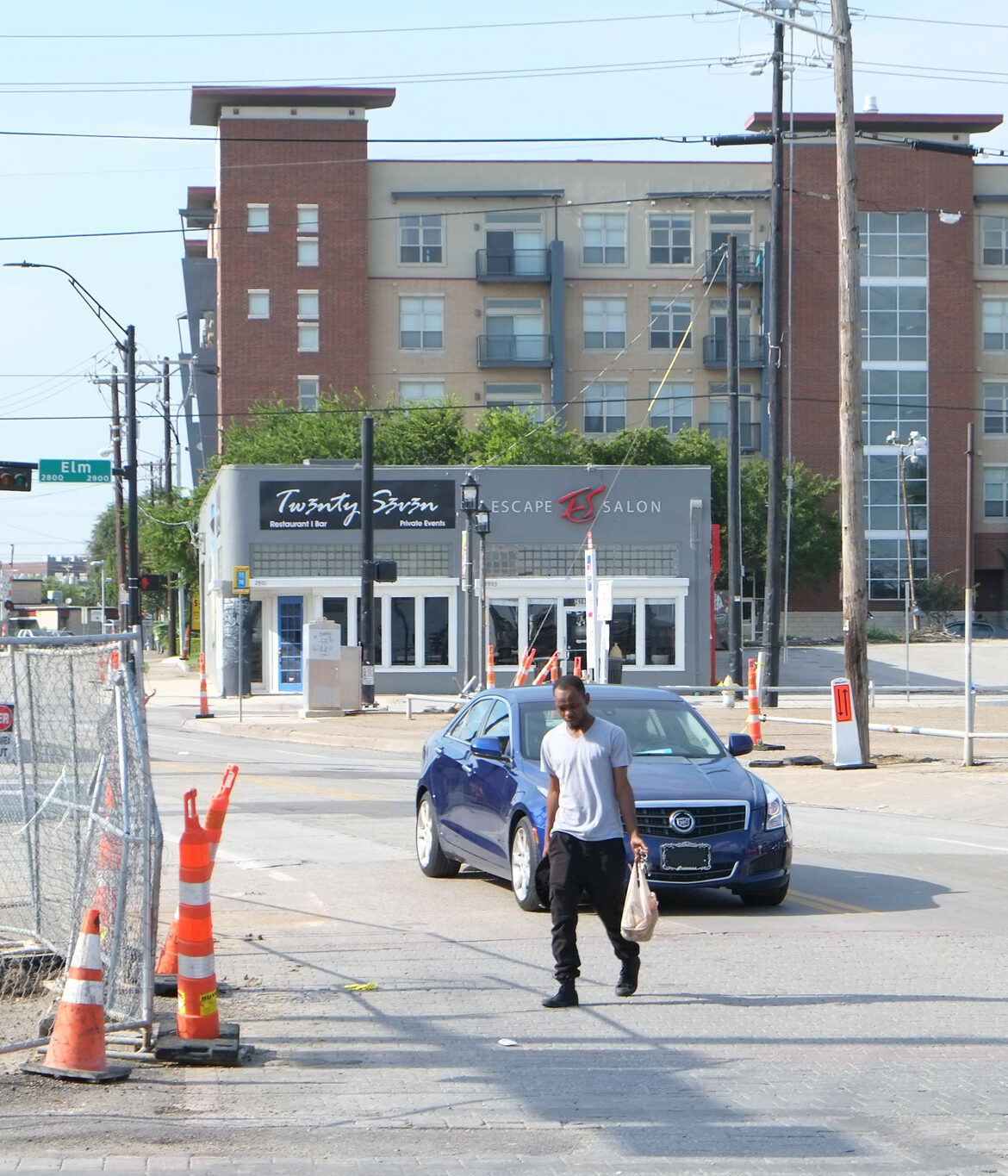
The Senate passed the Inflation Reduction Act, a budget reconciliation package that includes some portions of President Biden’s Build Back Better agenda. This is the largest climate investment in U.S. history, and programs in it will help Americans save money and stay safe on our streets. Here’s what you need to know as the bill awaits a House vote (scheduled for 8/12).
Reconnecting Communities: Initiating restorative transportation justice
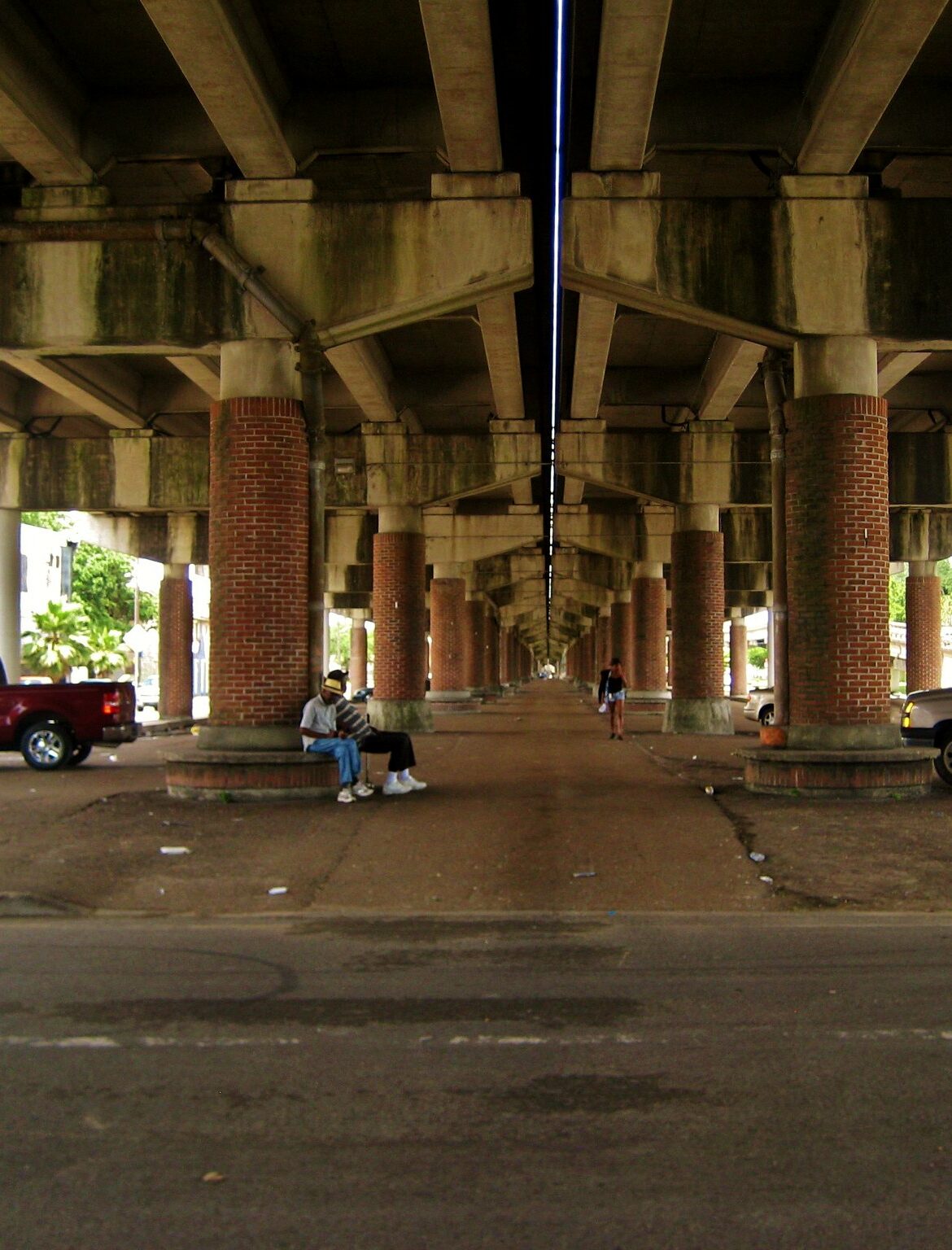
Much of the work of smart transportation focuses on playing defense against divisive infrastructure projects that would make travel more difficult for drivers and nondrivers alike. Now, communities and advocates have a small but real opportunity to go on offense and remove or mitigate harmful stretches of transportation infrastructure.
New reconciliation package includes funds for safety, access

In response to the proposed Inflation Reduction Act of 2022, Transportation for America Director Beth Osborne released this statement.
What does the new infrastructure law mean for micromobility?

The expansion of grant and formula eligibility in the infrastructure law to include micromobility will give communities and states additional options for providing more transportation options, but those that are doing the most to make their streets safe and convenient stand to gain the most as well.
The infrastructure law and safety: Will it be able to move the needle?
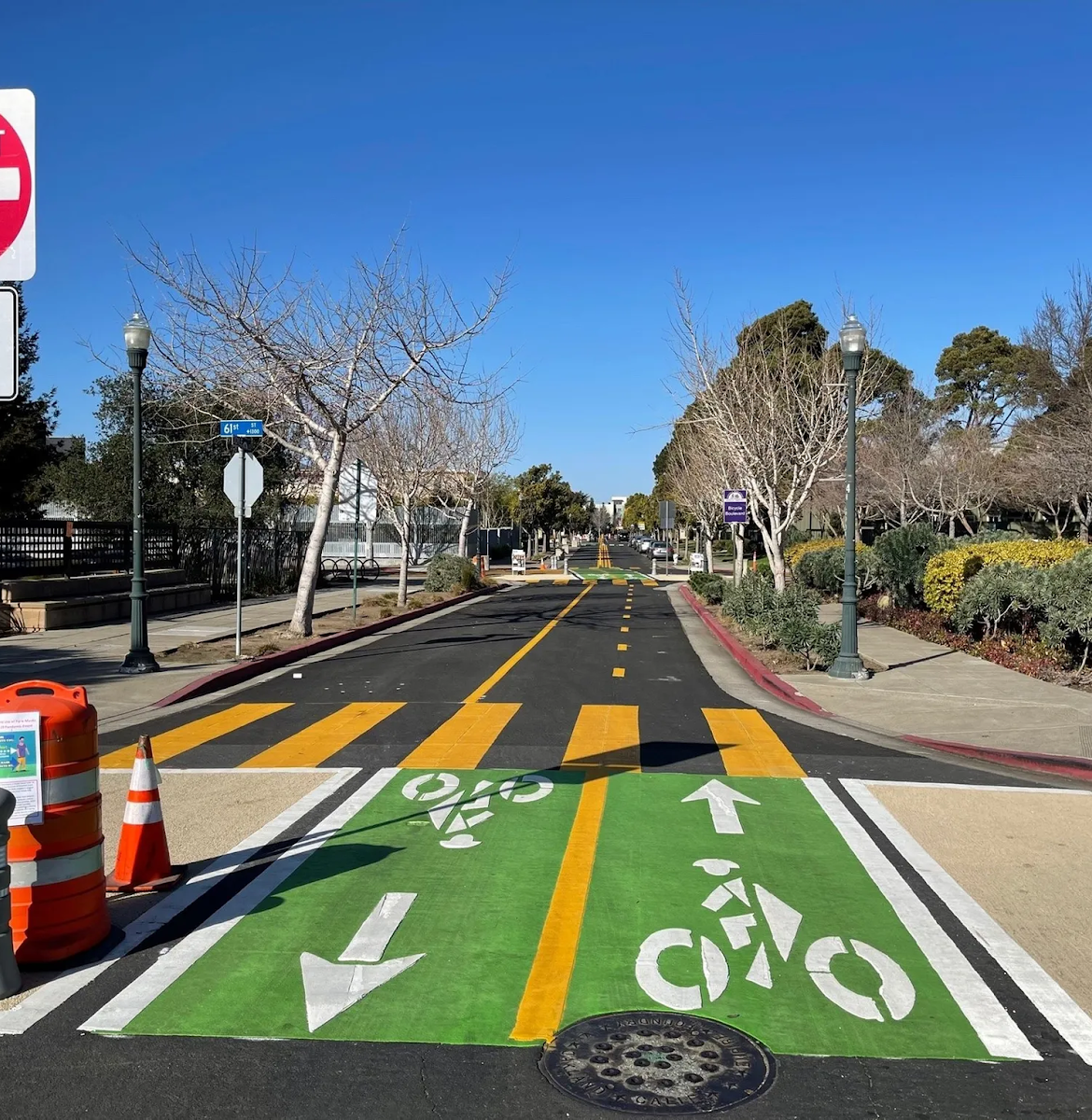
The new infrastructure law authorizes around $650 billion to fund transportation infrastructure through formula and competitive grant programs, some of which have safety as a core emphasis. Here’s what you need to know about the new money and (modest) policy changes to the safety program, as well as how you can make them work for you.
Our solutions for congestion are worse than the problem
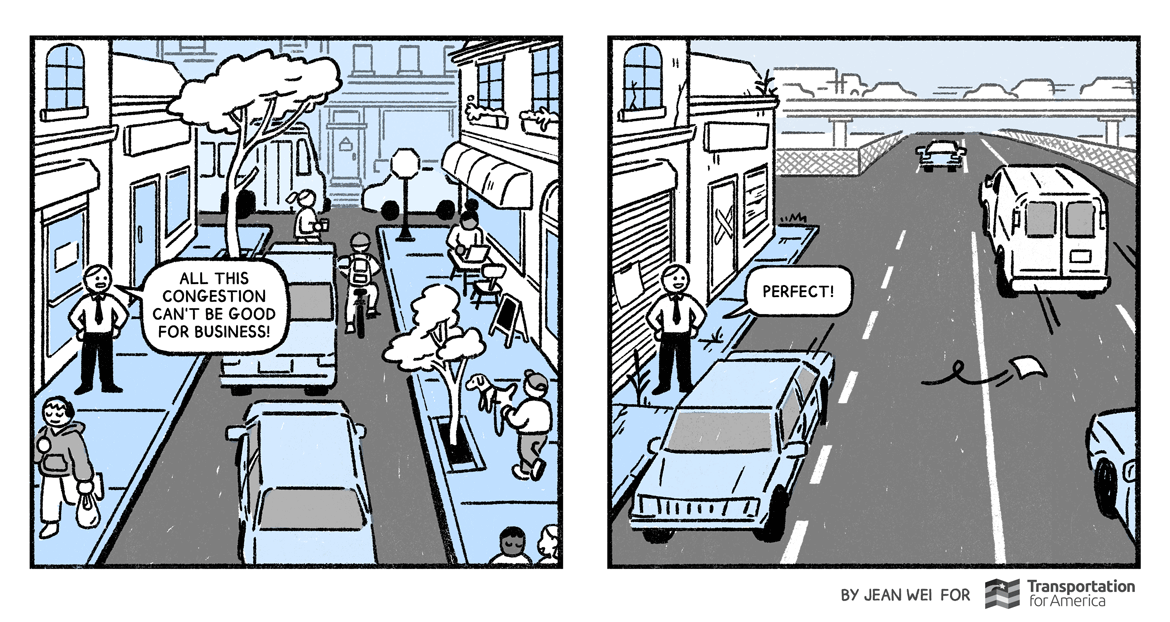
For decades, transportation agencies have been trying to “solve” congestion by increasing road capacity, even when doing so can obliterate or divide communities, harm local businesses, and make streets more dangerous. Our latest cartoon shows how our “cures” for congestion are often worse than the problem.
USDOT road safety strategy finally acknowledges the importance of design on speeds and roadway deaths

On the release of the new Roadway Safety Strategy by the U.S. Department of Transportation, T4America director Beth Osborne issued this statement
USDOT urges states to prioritize repair, safety, and climate with their influx of infrastructure bill cash
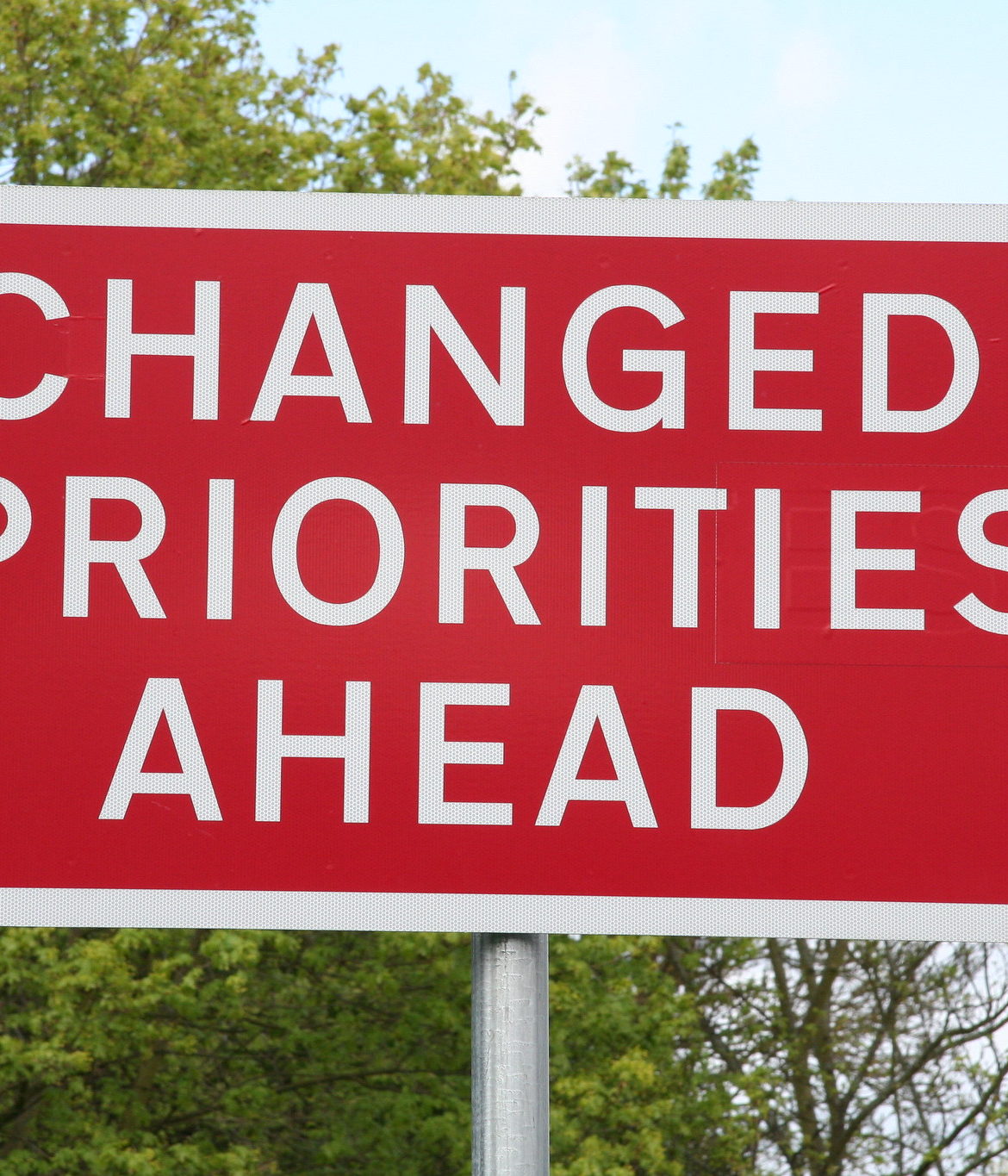
Although state DOTs have always been free to prioritize repair, safety, or improving access for everyone across the entire system, most have traditionally chosen to use that flexibility to build new highways instead. With state DOT coffers soon to be loaded with billions from the new infrastructure bill, USDOT is urging states via a new […]
From policy to action: Six things USDOT should do yesterday to maximize the potential of the infrastructure deal
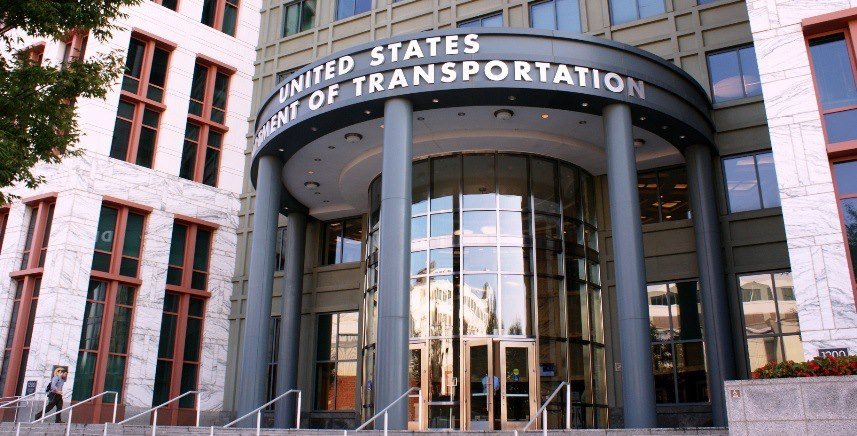
Because of the shortcomings in the Infrastructure Investment and Jobs Act (IIJA)’s actual policy, an enormous amount of pressure now rests on USDOT and Secretary Buttigieg to deliver on the administration’s promises. But the good news is that there are scores of actions that USDOT can take to deliver positive outcomes for equity, climate, safety, state of repair, and enhancing community connections.
Step one for repairing a problem: Stop making it worse
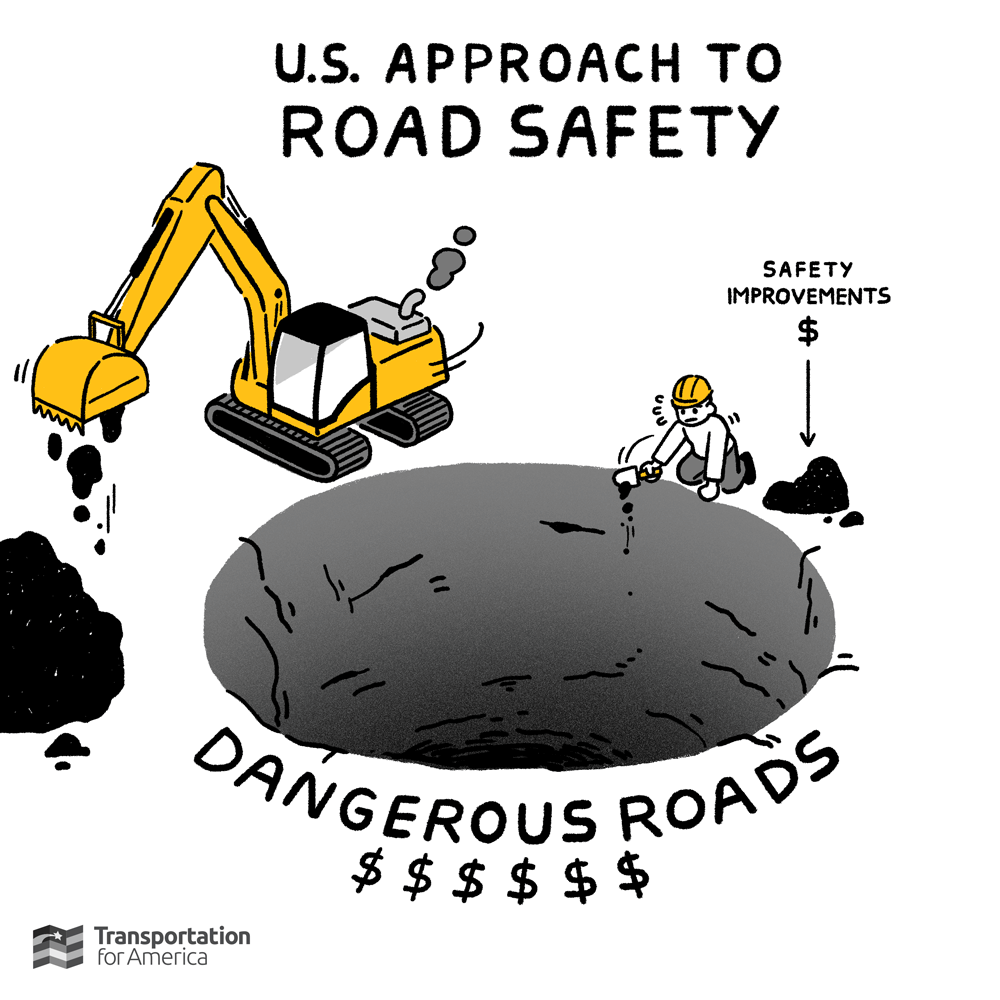
Swap in any pressing issue—climate change, repair, safety—and this new illustration by Jean Wei describes the approach to solving it within the much-debated infrastructure bill, which passed on its own late last Friday. You’ll be hearing a lot of unfettered praise for it today, but we’re far more circumspect.
Senate Commerce Committee proves that bipartisanship doesn’t have to equal terrible transportation policy
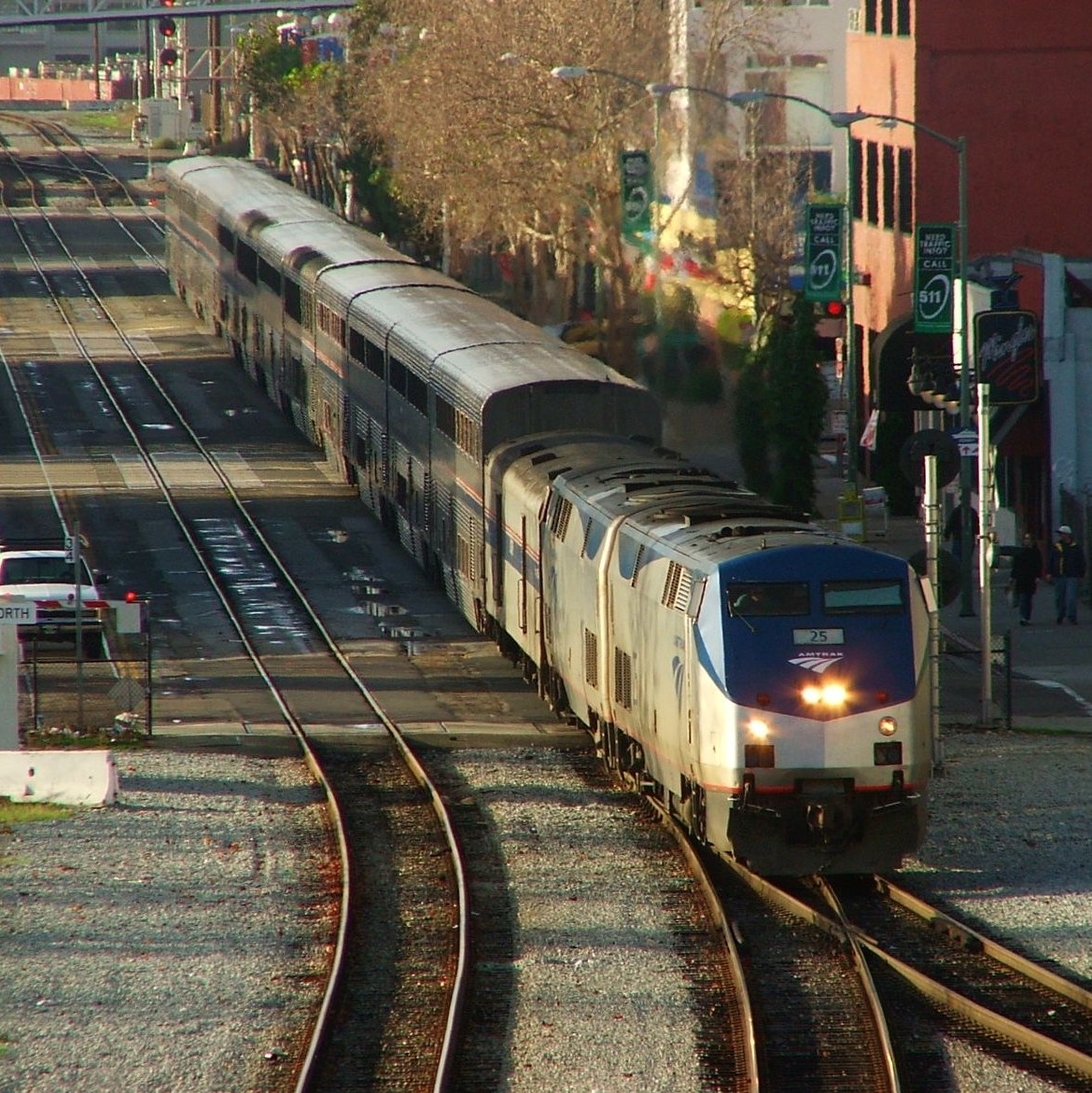
The Senate committee tasked with handling the rail portions of the larger transportation bill managed to produce a bipartisan bill that also makes the expansion of reliable, frequent rail service to more Americans a cornerstone of its approach.
New House transportation bill goes 3 for 3 on T4America’s core principles
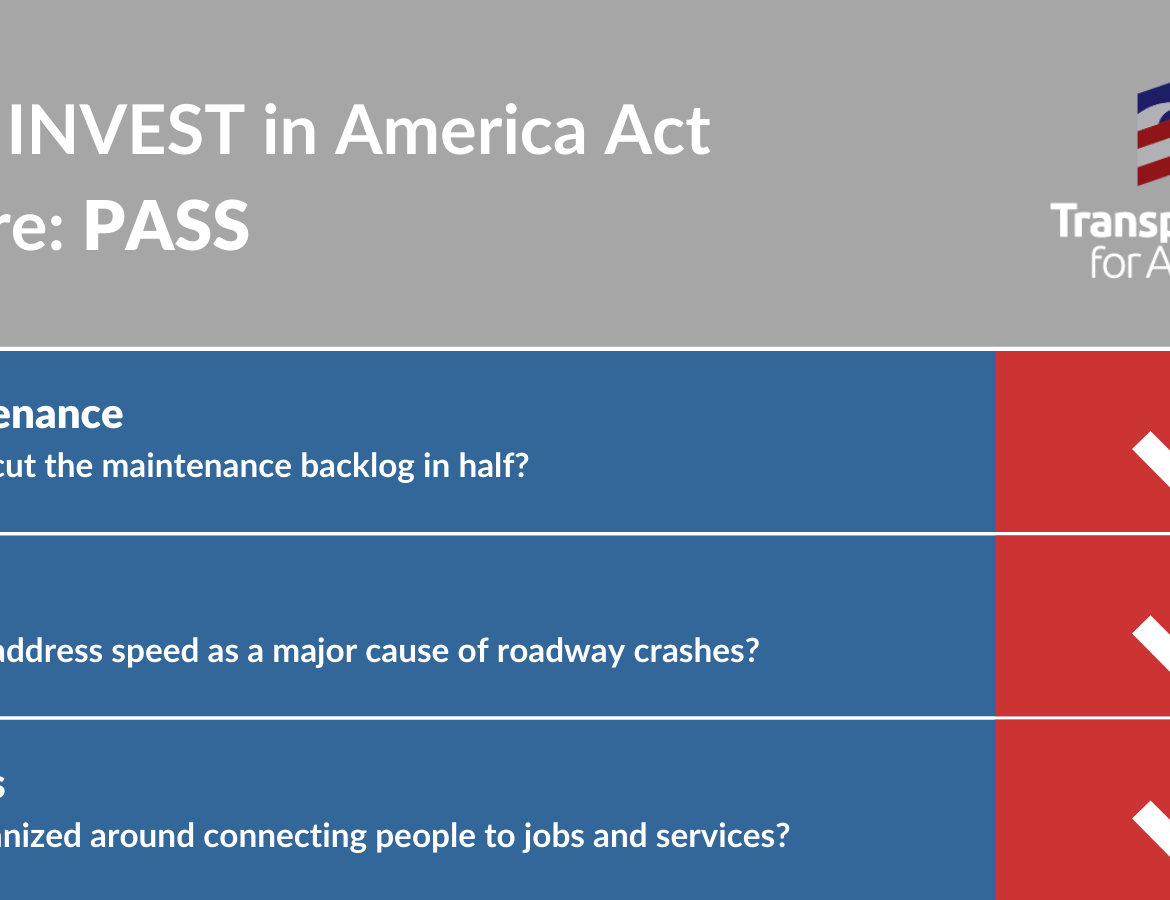
Late last week the House released their new five-year proposal for transportation policy and spending, known as the INVEST in America Act. By focusing on making tangible progress on outcomes like repair, safety, climate change, and access to jobs and services—rather than just asking for more money for more of the status quo—House leaders have again proposed a paradigm shift in how we spend transportation dollars and measure what they accomplish.





